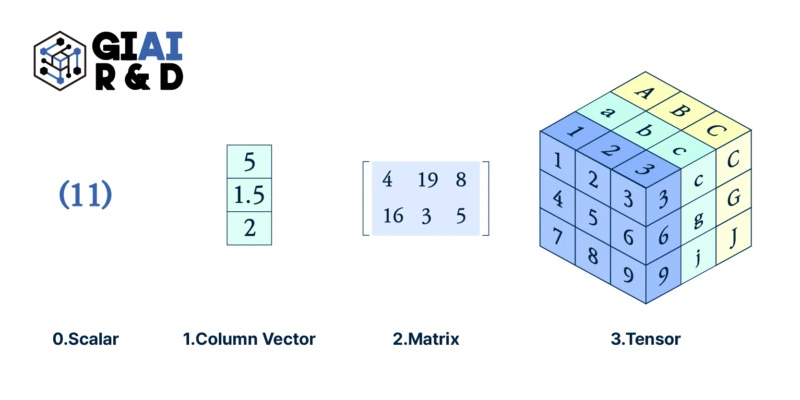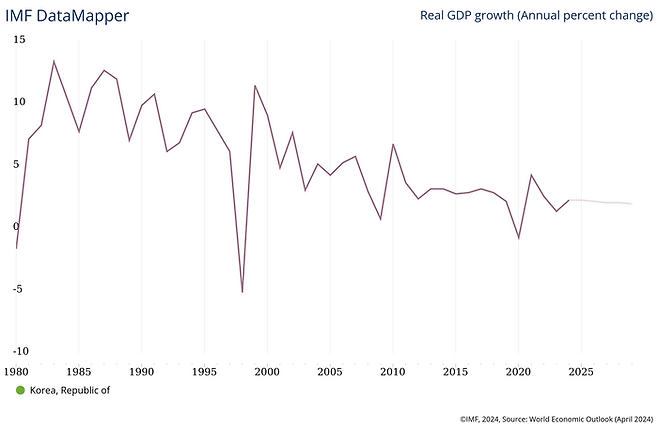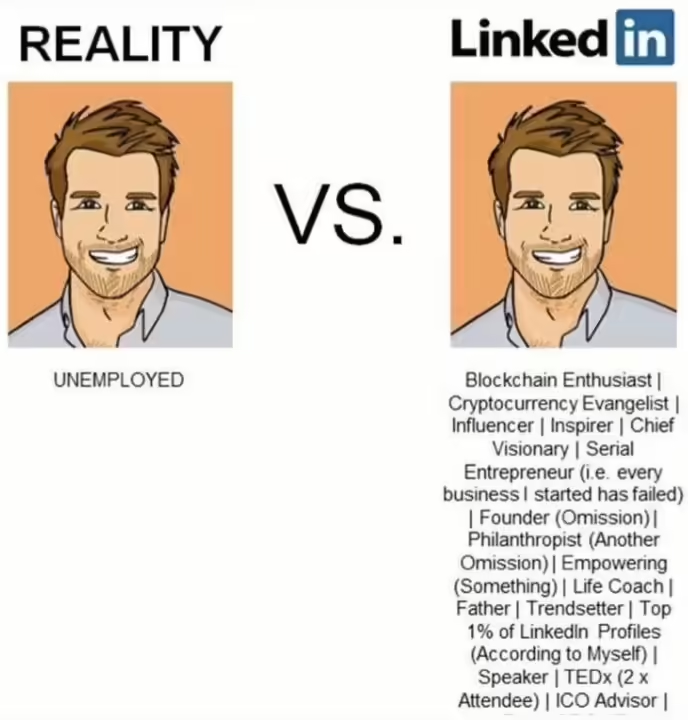Is online degree inferior to offlinie degree?
Not the quality of teaching, but the way it operates
Easier admission and graduation bar applied to online degrees
Studies show that higher quality attracts more passion from students
Although much of the prejudice against online education courses has disappeared during the COVID-19 period, there is still a strong prejudice that online education is of lower quality than offline education. This is what I feel while actually teaching, and although there is no significant difference in the content of the lecture itself between making a video lecture and giving a lecture in the field, there is a gap in communication with students, and unless a new video is created every time, it is difficult to convey past content. It seems like there could be a problem.
On the other hand, I often get the response that it is much better to have videos because they can listen to the lecture content repeatedly. Since the course I teach is an artificial intelligence course based on mathematics and statistics, I heard that students who forget or do not know mathematical terminology and statistical theory often play the video several times and look up related concepts through textbooks or Google searches. There is a strong prejudice that the level of online education is lower, but since it is online and can be played repeatedly, it can be seen as an advantage that advanced concepts can be taught more confidently in class.

Is online inferior to offline?
While running a degree program online, I have been wondering why there is a general prejudice about the gap between offline and online. The conclusion reached based on experience until recently is that although the lecture content is the same, the operating method is different. How on earth is it different?
The biggest difference is that, unlike offline universities, universities that run online degree programs do not establish a fierce competition system and often leave the door to admission widely open. There is a perception that online education is a supplementary course to a degree course, or a course that fills the required credits, but it is extremely rare to run a degree course that is so difficult that it is perceived as a course that requires a difficult challenge as a professional degree.
Another difference is that there is a big difference in the interactions between professors and students, and among students. While pursuing a graduate degree in a major overseas city such as London or Boston, having to spend a lot of time and money to stay there was a disadvantage, but the bond and intimacy with the students studying together during the degree program was built very densely. Such intimacy goes beyond simply knowing faces and becoming friends on social media accounts, as there was the common experience of sharing test questions and difficult content during a degree, and resolving frustrating issues while writing a thesis. You may have come to think that offline education is more valuable.
Domestic Open University and major overseas online universities are also trying to create a common point of contact between students by taking exams on-site instead of online or arranging study groups among students in order to solve the problem of bonding and intimacy between students. It takes a lot of effort.
The final conclusion I came to after looking at these cases was that the difficulty of admission, the difficulty of learning content, the effort to follow the learning progress, and the similar level of understanding among current students were not found in online universities so far, so we can compare offline and online universities. I came to the conclusion that there was a distinction between .
Would making up for the gap with an online degree make a difference?
First of all, I raised the level of education to a level not found in domestic universities. Most of the lecture content was based on what I had heard at prestigious global universities and what my friends around me had heard, and the exam questions were raised to a level that even students at prestigious global universities would find challenging. There were many cases where students from prestigious domestic universities and those with master’s or doctoral degrees from domestic universities thought it was a light degree because it was an online university, but ran away in shock. There was even a community post asking if . Once it became known that it was an online university, there was quite a stir in the English-speaking community.
I have definitely gained the experience of realizing that if you raise the difficulty level of education, the aspects that you lightly think of as online largely disappear. So, can there be a significant difference between online and offline in terms of student achievement?

The table above is an excerpt from a study conducted to determine whether the test score gap between students who took classes online and students who took classes offline was significant. In the case of our school, we have never run offline lectures, but a similar conclusion has been drawn from the difference in grades between students who frequently visited offline and asked many questions.
First, in (1) – OLS analysis above, we can see that students who took online classes received grades that were about 4.91 points lower than students who took offline classes. Various conditions must be taken into consideration, such as the student’s level may be different, the student may not have studied hard, etc. However, since it is a simple analysis that does not take into account any consideration, the accuracy is very low. In fact, if students who only take classes online do not go to school due to laziness, their lack of passion for learning may be directly reflected in their test scores, but this is an analysis value that is not reasonably reflected.
To solve this problem, in (2) – IV, the distance between the offline classroom and the students’ residence was used as an instrumental variable that can eliminate the external factor of students’ laziness. This is because the closer the distance is, the easier it will be to take offline classes. Even though external factors were removed using this variable, the test scores of online students were still 2.08 points lower. After looking at this, we can conclude that online education lowers students’ academic achievement.
However, a question arose as to whether it would be possible to leverage students’ passion for studying beyond simple distance. While looking for various variables, I thought that the number of library visits could be used as an appropriate indicator of passion, as it is expected that passionate students will visit the library more actively. The calculation transformed into (3) – IV showed that students who diligently attended the library received 0.91 points higher scores, and the decline in scores due to online education was reduced to only 0.56 points.
Another question that arises here is how close the library is to the students’ residences. Just as the proximity to an offline classroom was used as a major variable, the proximity of the library is likely to have had an effect on the number of library visits.
So (4) – After confirming that students who were assigned a dormitory by random drawing using IV calculations did not have a direct effect on test scores by analyzing the correlation between distance from the classroom and test scores, we determined the frequency of library visits among students in that group. and recalculated the gap in test scores due to taking online courses.
(5) – As shown in IV, with the variable of distance completely removed, visiting the library helped increase the test score by 2.09 points, and taking online courses actually helped increase the test score by 6.09 points.
As can be seen in the above example, the basic simple analysis of (1) leads to a misleading conclusion that online lectures reduce students’ academic achievement, while the calculation in (5) after readjusting the problem between variables shows that online lectures reduce students’ academic achievement. Students who listened carefully to lectures achieved higher achievement levels.
This is consistent with actual educational experience: students who do not listen to video lectures just once, but take them repeatedly and continuously look up various materials, have higher academic achievement. In particular, students who repeated sections and paused dozens of times during video playback performed more than 1% better than students who watched the lecture mainly by skipping quickly. When removing the effects of variables such as cases where students were in a study group, the average score of fellow students in the study group, score distribution, and basic academic background before entering the degree program, the video lecture attendance pattern is simply at the level of 20 or 5 points. It was not a gap, but a difference large enough to determine pass or fail.
Not because it is online, but because of differences in students’ attitudes and school management
The conclusion that can be confidently drawn based on actual data and various studies is that there is no platform-based reason why online education should be undervalued compared to offline education. The reason for the difference is that universities are operating online education courses as lifelong education centers to make additional money, and because online education has been operated so lightly for the past several decades, students approach it with prejudice.
In fact, by providing high-quality education and organizing the program in a way that it was natural for students to fail if they did not study passionately, the gap with offline programs was greatly reduced, and the student’s own passion emerged as the most important factor in determining academic achievement.
Nevertheless, completely non-face-to-face education does not help greatly in increasing the bond between professors and students, and makes it difficult for professors to predict students’ academic achievement because they cannot make eye contact with individual students. In particular, in the case of Asian students, they rarely ask questions, so I have experienced that it is not easy to gauge whether students are really following along well when there are no questions.
A supplementary system would likely include periodic quizzes and careful grading of assignment results, and if the online lecture is being held live, calling students by name and asking them questions would also be a good idea.






